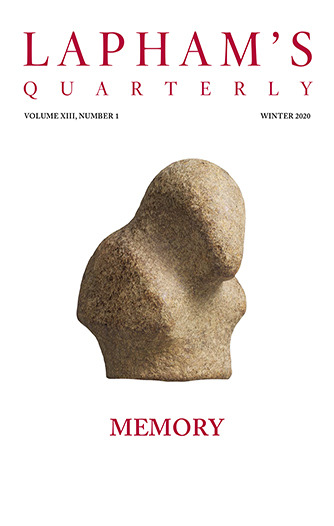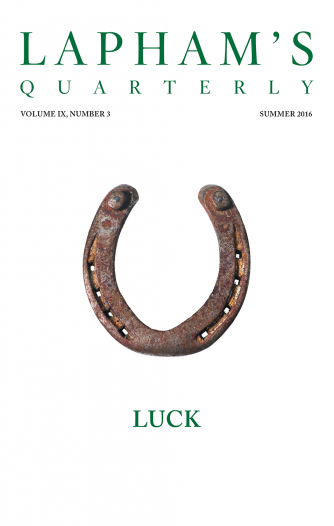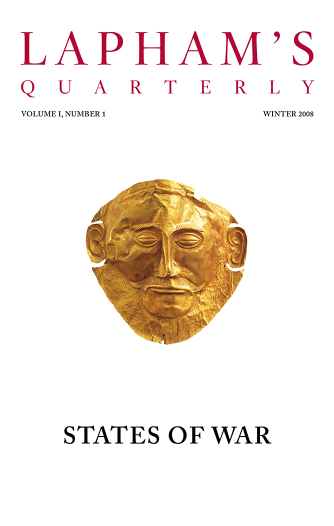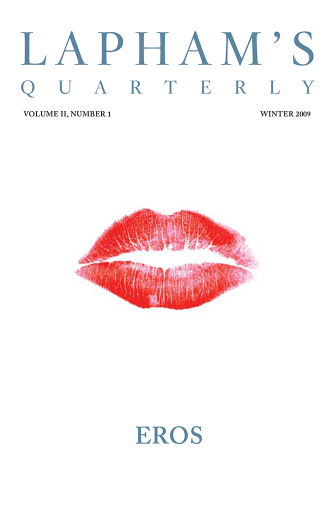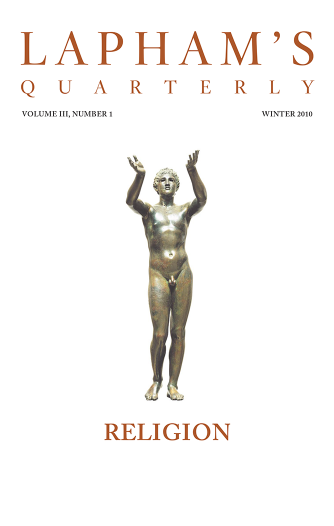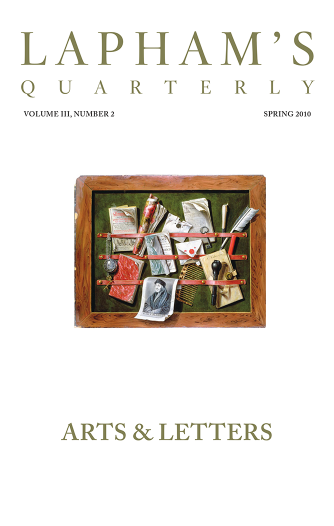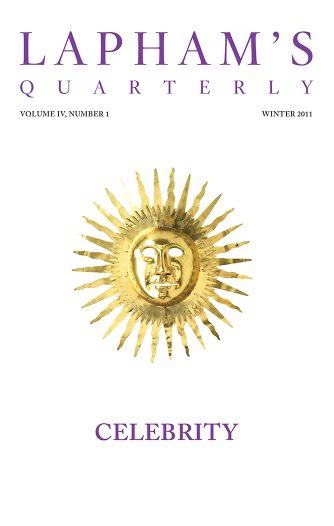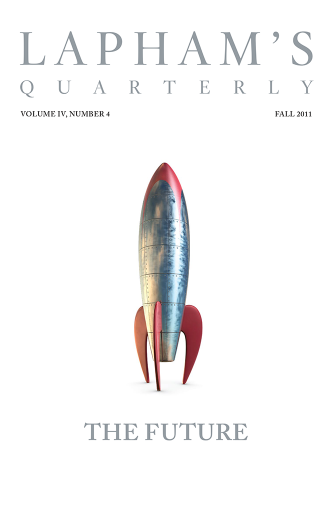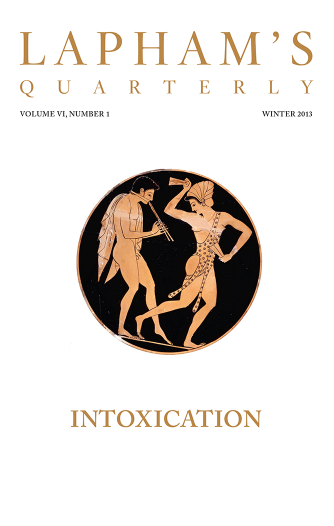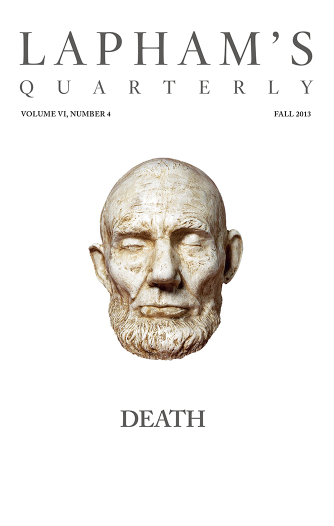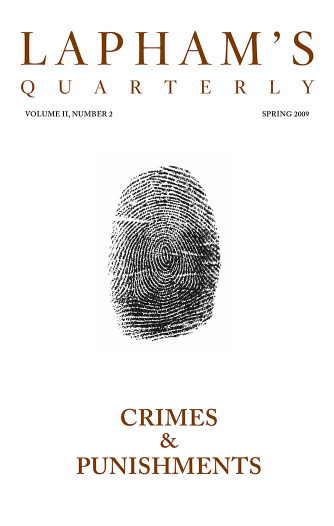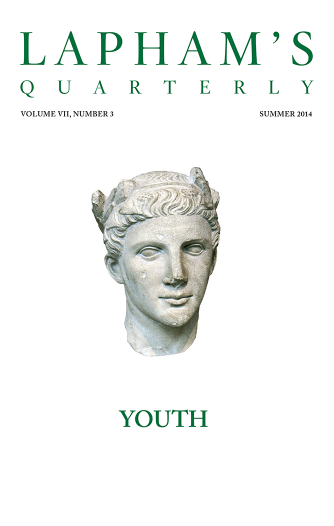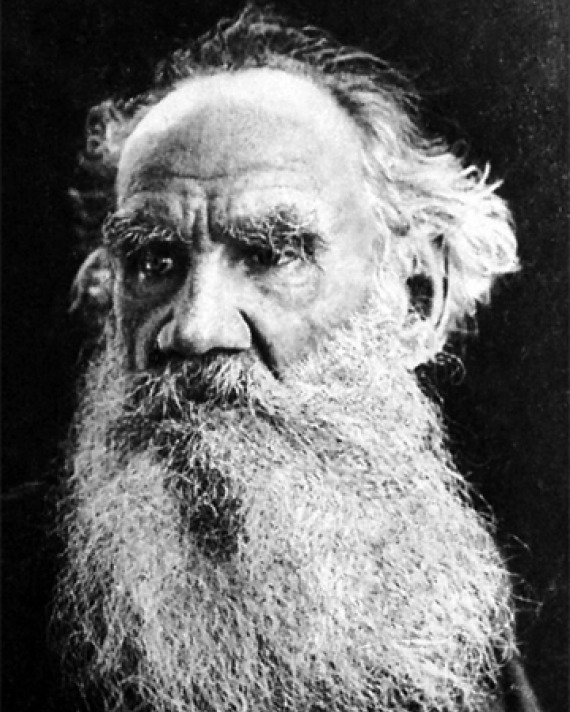
Leo Tolstoy
(1828 - 1910)
The son of prominent Russian aristocrats, Leo Tolstoy left the University of Kazan in 1847 without a degree and moved to his family’s estate Yasnaya Polyana, where he began to write by keeping a diary. After serving in the Russian army during the Crimean War, he married in 1862 and published War and Peace serially from 1865 to 1869 and Anna Karenina from 1875 to 1877. He then entered an extended bout of despair that caused him to revisit the Christianity of his youth. For his philosophical and theological formulations, which garnered him followers called Tolstoyans, he was excommunicated from the Russian Orthodox Church in 1901. Generally regarded as one of the world’s greatest novelists, Tolstoy died in 1910 of heart failure at a railway station in the town of Astapovo.
